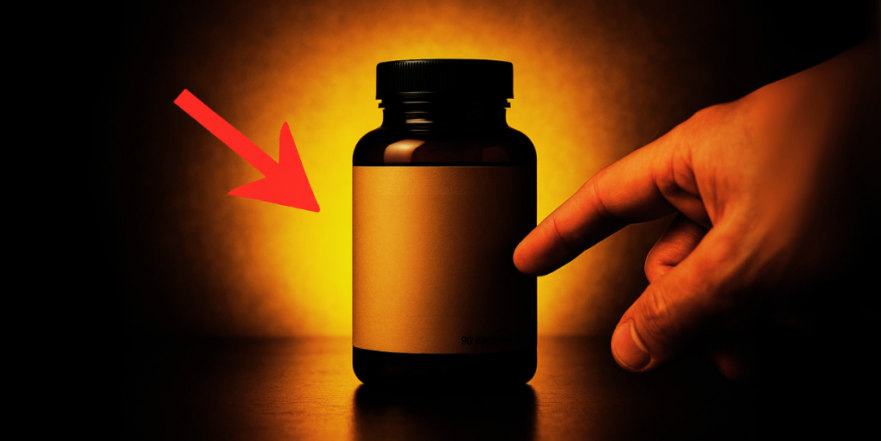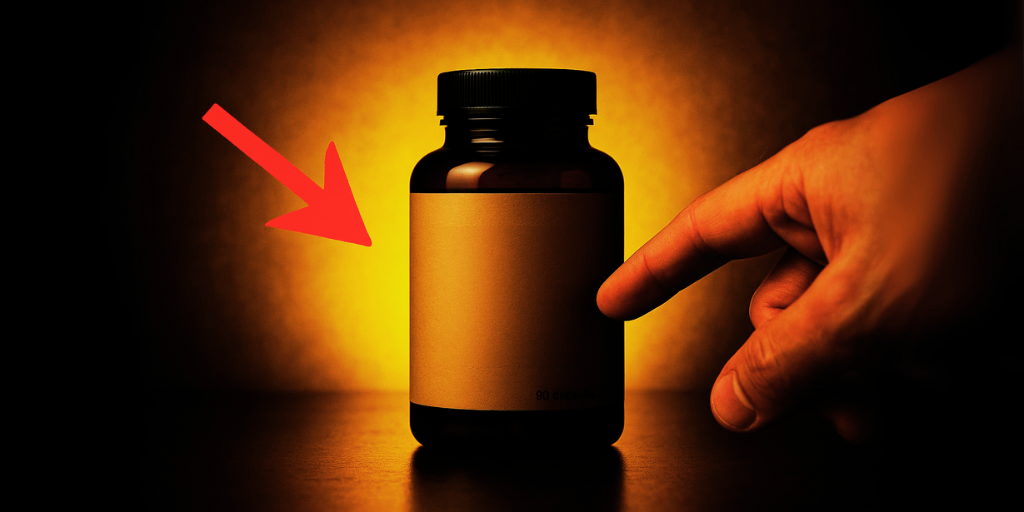
Have you ever thought that the daily ritual of taking a supplement, believing it’s protecting your health, might actually be doing the opposite? It’s a common thought, right? We take these pills hoping to strengthen our bones, protect our hearts, or just get more energy. But what if some of the most popular supplements out there are actually setting a trap for your arteries? What if, behind those shiny labels, there’s a quiet process happening right now, turning your precious arteries as hard as cement?
Today, we’re not just going to list supplements. We’re going to pull back the curtain on the marketing hype and show you the real science. This isn’t just some helpful tip; it’s about protecting your heart. And the number one supplement on our list? Well, it’s pretty ironic. It’s been called the “longevity molecule” and the “fountain of youth” in a pill. But the latest science tells a different, darker story. It might actually be messing with your blood vessels. It’s a shocking discovery. (Based on the research of Dr. André Wambier, a cardiologist)
👉The Big Difference: Food Versus Pills
Let’s get straight to it. Think of your body like a super fancy orchestra, led by a conductor who’s been around for thousands of years of evolution. When you eat something like broccoli, the good stuff, the nutrients, come in slowly and work together. Calcium comes with magnesium and vitamin K, like violins playing with cellos. The conductor knows exactly what to do with each note.
But a pill? A pill is like a loud trumpet blast in the middle of a quiet harp solo. It’s a huge, isolated, and unnatural dose that your body doesn’t know how to handle. The orchestra panics, and that’s where the trouble starts.
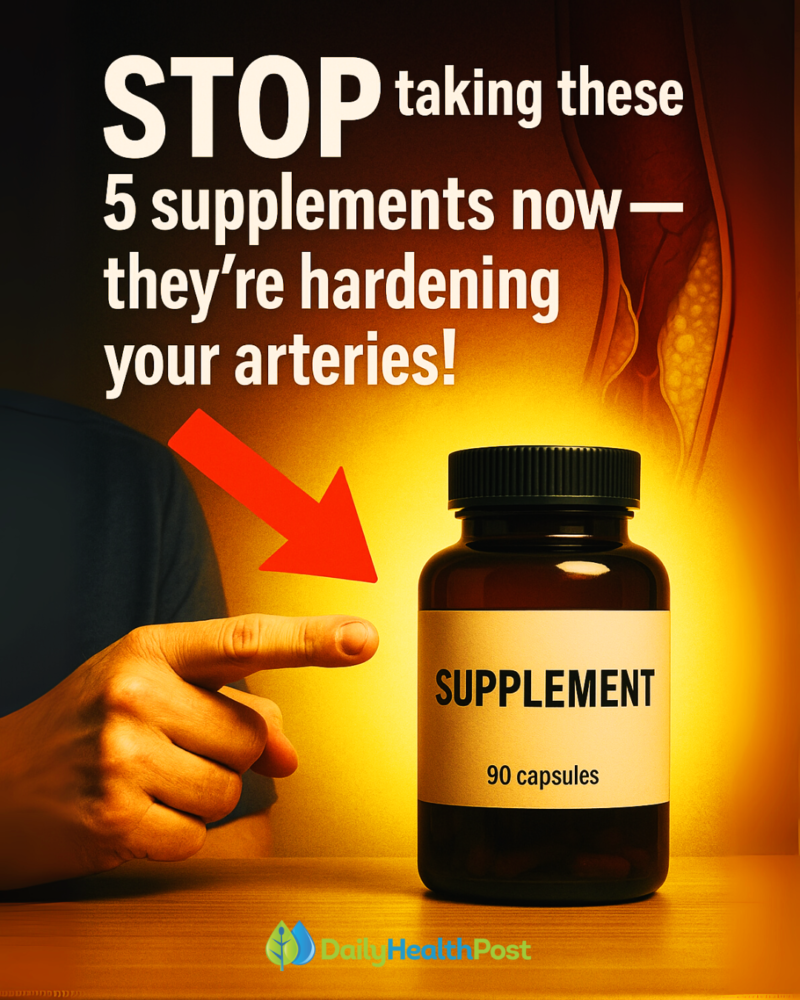
✅Key Takeaways
- Natural Harmony: Nutrients from food work together in your body, guided by its natural processes.
- Pill Overload: Supplements deliver massive, isolated doses that can overwhelm your body’s systems.
- The Chaos: This imbalance can lead to unexpected and harmful effects.
📌The Top 5 Supplements That Might Be Harming Your Arteries
➡️5. Calcium: The “Bone Builder” That Can Cause Heart Attacks
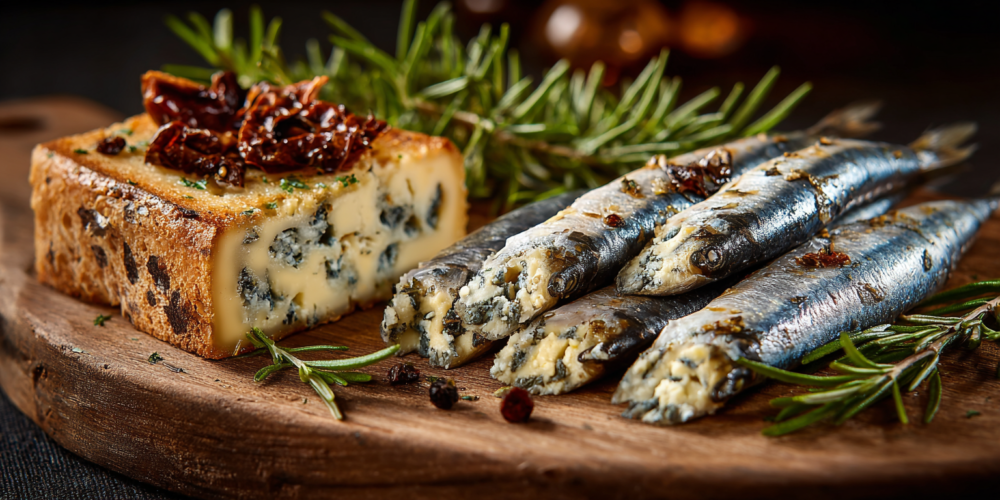
Calcium is often seen as the go-to for strong bones. For decades, marketing has told us it’s the best defense against weak bones. It seems logical, right? Bones are made of calcium, so if your bones are weak, just add more calcium. Simple, right? Wrong.
When you take a 500 mg calcium pill, you’re not just feeding your bones. You’re creating a huge wave of calcium in your blood. This sudden spike, what doctors call a “bolus,” completely overwhelms your body’s control system. The orchestra’s conductor panics. It doesn’t have enough magnesium and vitamin K, which usually come with food, to tell this calcium, “Your place is in the bones!” Without direction, your body starts putting this extra calcium where it shouldn’t be. The favorite spot? The smooth, delicate lining of your arteries, especially the ones around your heart. You’re literally paving your blood vessels with the same stuff that makes stalactites.
This is the calcium paradox. And it’s not just me saying this. A huge study published in the British Medical Journal in 2010 showed a 30% higher risk of heart attack in people who took calcium supplements. A South Korean study went even further, showing the risk jumped by almost 90%. And the final proof came from the MESA study (Multi-Ethnic Study of Atherosclerosis), which followed thousands of people for 10 years. The conclusion was clear: getting more calcium from food was linked to a lower risk of hardened arteries. But taking calcium supplements was linked to a higher risk. It’s black and white.
The answer isn’t in a bottle; it’s on your plate. Foods like cheese, yogurt, sardines, almonds, and dark leafy greens like kale give you calcium in the right package. Taking calcium supplements is a serious medical step for specific cases of severe bone weakness, and even then, a good doctor will prescribe it with vitamin D and vitamin K2 to make sure the calcium goes where it’s supposed to. It’s not something you just pick up at the pharmacy.
➡️4. Iron: The Silent “Rust” That Destroys Your Body
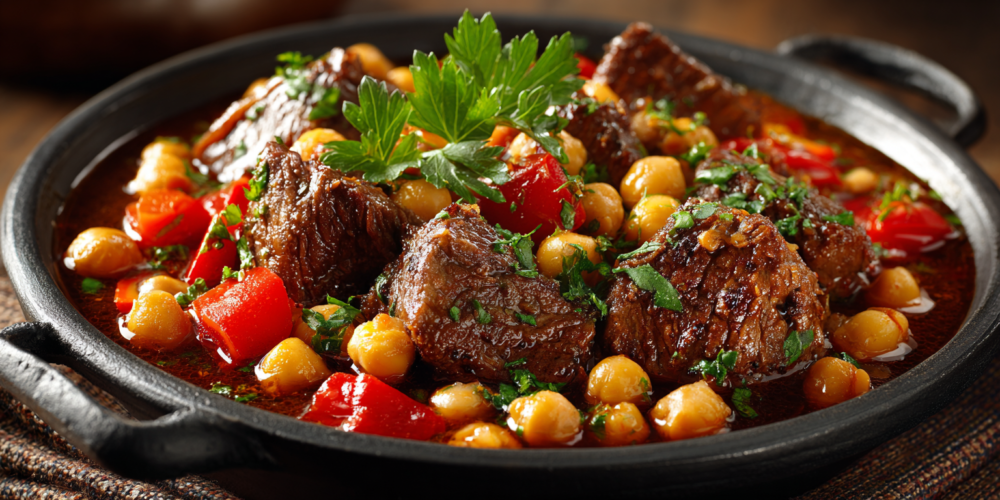
Feeling tired, low on energy, or a bit foggy in the head? Many people think, “Must be low iron!” Iron deficiency is a super common self-diagnosis. The promise is instant energy and feeling alive again. But self-medicating here is really dangerous. Iron is a mineral with two sides. In the right amounts, it carries oxygen and keeps us alive. But too much of it turns into a troublemaker. It becomes a “pro-oxidant.”
What does that mean? Imagine leaving a bicycle out in the rain. It rusts. Iron literally reacts with oxygen and rusts. Now, imagine this rusting process happening in tiny bursts inside your body, in your liver, your pancreas, your heart muscle. Too much iron speeds up a chemical reaction called the Fenton reaction, which creates the most dangerous free radicals out there, called hydroxyl radicals. They’re like tiny wrecking balls, damaging everything they touch.
The clearest example of this danger is a genetic condition called hemochromatosis, where the body stores too much iron. If these patients aren’t treated, they can get liver scarring, diabetes, and severe heart failure. All because of the damage from too much iron. Taking iron supplements when you don’t need them is like slowly giving yourself a mild version of this disease.
Always get a diagnosis first. This is non-negotiable. Ask your doctor to check your complete blood count, ferritin, and transferrin saturation. If you don’t have a diagnosed deficiency, focus on your diet. Red meat and liver are good sources. For vegetarians, beans, lentils, and chickpeas work. Here’s a golden tip: always pair plant-based iron sources with something rich in vitamin C. A squeeze of lemon on your salad or an orange for dessert. Vitamin C can boost how much plant iron your body takes in by up to six times.
➡️3. Vitamin E: The “Miracle” Antioxidant That Fooled the World
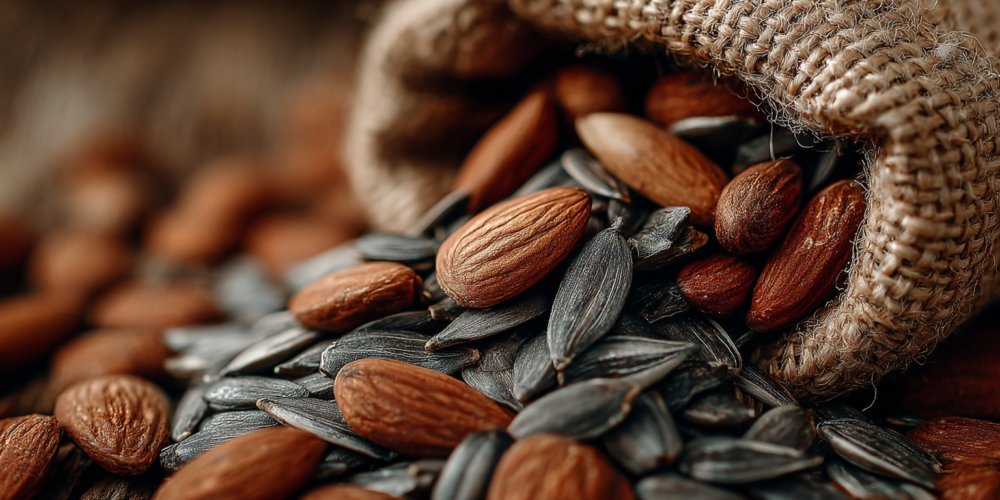
Back in the day, vitamin E was the big star of antioxidants. I remember it. Cell protection, young skin, a bulletproof heart—it was the ultimate antioxidant, the warrior that would protect us from getting old. The problem? Reality hit hard. First, not having enough vitamin E is so rare that most doctors will never see a case. I’ve never seen one, and I see a lot of patients.
Second, science found something interesting. Exercise works because it creates a small, controlled amount of stress on your body. It’s this stress that tells your body to get stronger, to work better. Taking a huge dose of an antioxidant, like synthetic vitamin E, is like turning off that signal. You protect the cells so much that you stop them from adapting and getting better. But the worst part is the final blow. Most supplements only have one form of vitamin E, alpha-tocopherol. In nature, vitamin E is a family of eight compounds: four tocopherols and four tocotrienols.
Flooding your body with just one synthetic form can actually reduce how well your body takes in the other, more helpful forms you get from food, like from avocados. And there’s no arguing about this: The Cochrane Library, which is the gold standard in science, looked at 78 studies with almost 300,000 people. The conclusion was a shocker: Vitamin E supplements don’t lower your risk of dying, and even worse, they might increase it. To put the final nail in the coffin, the famous SELECT study (Selenium and Vitamin E Cancer Prevention Trial) had to be stopped early because it found that the group taking vitamin E had a 17% higher risk of getting prostate cancer.
So, ditch the vitamin E supplement. The risks are much bigger than any possible benefits. Get your vitamin E from a handful of almonds, sunflower seeds, olive oil, or avocado. Not from a bottle.
➡️2. Vitamin A: The Hidden Danger in Multivitamins
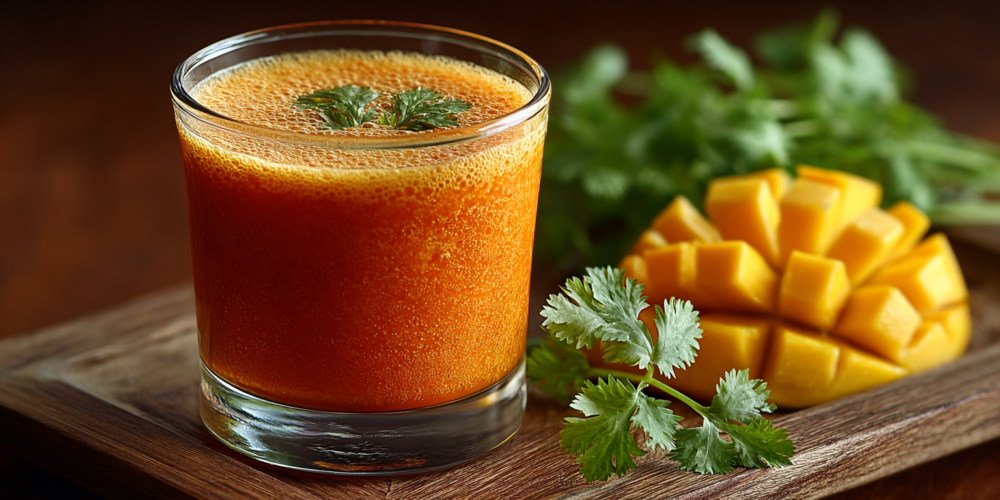
Vitamin A. Danger, when you have too much! You’ve probably heard about it: eagle vision, strong immune system. It’s another common ingredient in multivitamins, often overlooked but always there. The problem? The story repeats itself, but with a twist. Nature is smarter than us. Vegetables, like carrots, give you vitamin A in the form of beta-carotene. Your body, the orchestra’s conductor, takes this beta-carotene and turns it into active vitamin A only in the amount it needs. It’s a foolproof system.
Supplements, though, skip this safety step. They give you the active form, retinol, in high doses. It’s like giving the key to the safe to an intern. Your body can’t slow down how much it takes in. Too much vitamin A can overload and damage your liver, and ironically, it can weaken your bones by messing with vitamin D and boosting cells that break down bone tissue. And in people who smoke or used to smoke, it increased the risk of lung cancer.
Proof? The same Cochrane analysis that condemned vitamin E also put isolated vitamin A supplements on the blacklist for the exact same reason: a link to an increase in overall death risk. So, peel a carrot, eat a mango, or make some sweet potato mash. Nature gives you vitamin A in its safest and smartest form. Leave the vitamin A pill on the shelf where it belongs.
➡️1. Resveratrol: The Biggest Scam in the Longevity Industry
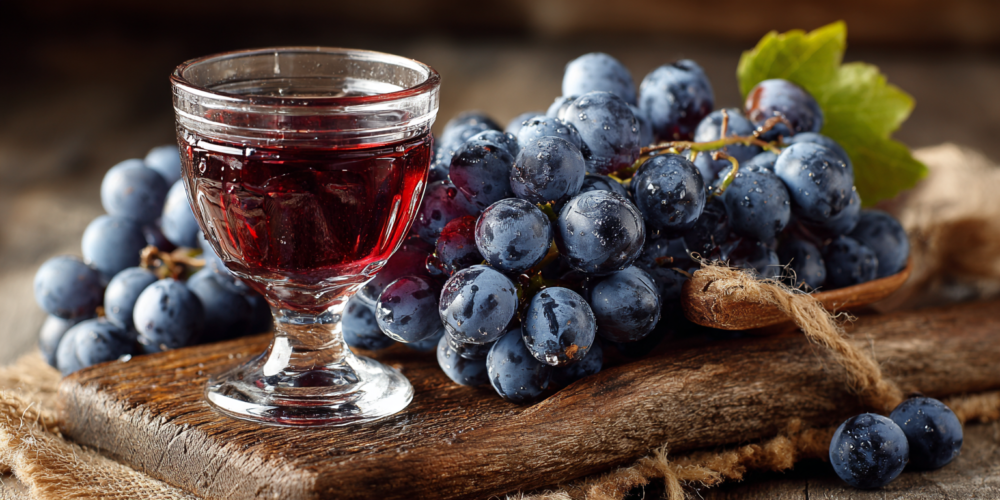
And now for number one, the big fake, the crown jewel of the longevity industry. It’s not a mineral, not a vitamin. It’s the molecule that promised us the fountain of youth, the secret behind the famous French paradox, the magic molecule in red wine that would let you eat cheese and foie gras without having a heart attack: resveratrol. The promise was nothing less than immortality.
In the 1990s and 2000s, a researcher named Dipak Das published amazing studies showing that resveratrol activated an enzyme called SIRT1, the “longevity enzyme,” and made yeast and other organisms live longer. You heard about it, right? The media went wild. The supplement industry exploded. Resveratrol became a billion-dollar hit. However, good science corrects itself, and the truth can be inconvenient for those selling pills.
First blow: Years later, the University of Connecticut investigated and found that Dr. Das had faked and made up data 145 times. His studies were pulled back. The whole myth was based on a lie.
Second blow: After strict, independent studies, like those from the American government’s Intervention Testing Program, tested resveratrol in mammals, the result was zero increase in lifespan. Zero.
Third blow: More recent research using advanced technology showed that it doesn’t even directly activate SIRT1 as once thought. Instead, it acts like a stressor on cells, messing with how your DNA works—a much vaguer and less magical way of working.
And the knockout punch, the evidence that made me put resveratrol on this list: Resveratrol cancels out the heart benefits of your exercise. That’s right. A key study published in The Journal of Physiology took men doing high-intensity workouts. The group that only exercised saw improvements in blood pressure, cholesterol, and insulin sensitivity—everything. The group that exercised AND took resveratrol? Those benefits were completely wiped out. Resveratrol stopped the improvement in endothelial function, the health of the blood vessel walls, that exercise usually causes.
Think about it. You wake up early, put on your shoes, go to the gym, sweat, work hard, and then take an expensive pill that throws all that effort away. It’s the worst investment you can make for your health.
🎉The Real Secret to Longevity
So, if you’re taking calcium, iron, vitamin E, vitamin A, and the big fake, resveratrol, be careful! Never again, okay? Today’s lesson is clear: the source, the amount, and the situation are everything. True longevity doesn’t come from a bottle; it comes from a plate. The easy fix of a capsule might be the fastest way to a serious problem. Add good quality food, exercise, get your check-ups, and have good friends and support networks. These things really do make your heart better.
Source: André Wambier

